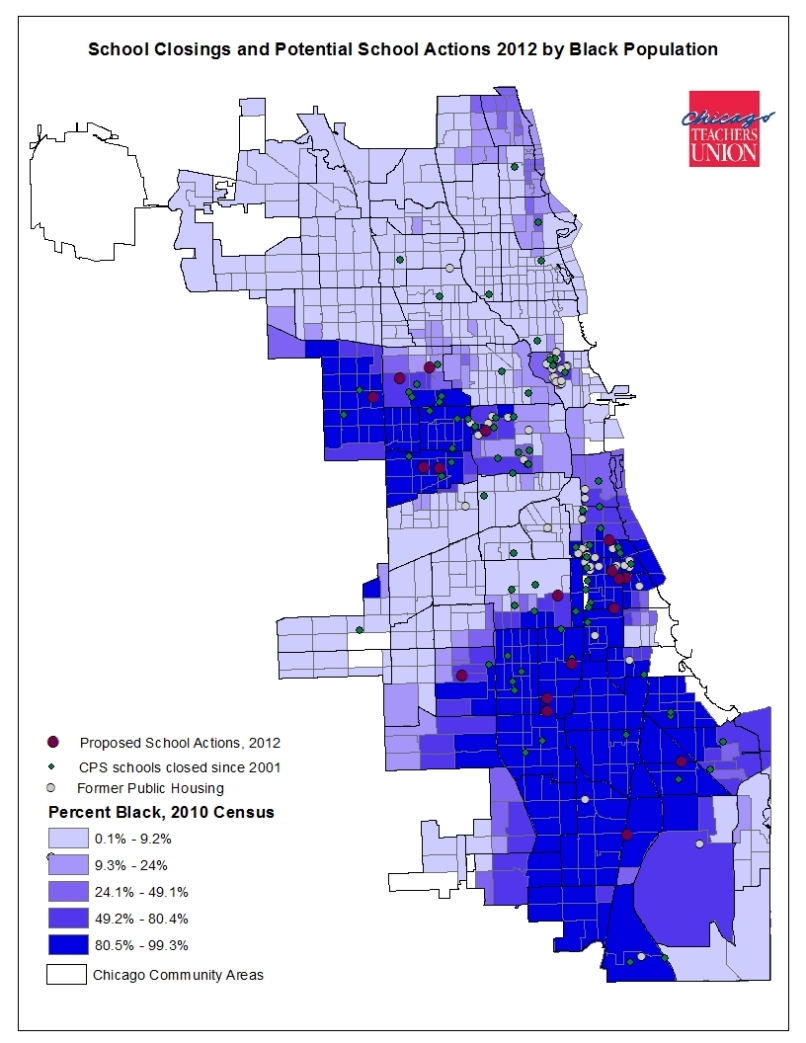Since 2009 I have spent my summers riding an orange and cream colored scooter round Chicago. She purred and zipped and zoomed and so was dubbed “Sneaky Cheetah.”
Alas, she didn’t make it to her third July 4th and so I took it upon myself to trade the Sneaky Cheetah for a cool looking motorcycle, which I got from a buddy of mine. The motorcycle, however, is an animal of a different nature, as scooters don’t have a clutch, or a shifter, and for the Sneaky Cheetah, I didn’t even need the special “M” Class license in Illinois to ride it. I decided I needed to take a motorcycle riding course.
I took the course this past week. We were six students and one instructor over two days: In the morning we were in a classroom learning bike basics and road safety, and both afternoons were spent “in the field” learning how to operate a motorcycle. On the third morning there was the “M class” licensing test, to be administered, my instructor announced, by an official of the State of Illinois Department of Motor Vehicles.
Taking the test was not mandatory to successfully complete the course, which on its own can secure a lower insurance rate for your motorcycle, but to legally ride on streets in Illinois, a rider needs the license, and to get the license, one must pass this exam. My motorcycle riding instructor, who is a high school English teacher nine months out of the year, noted that we shouldn’t worry about the test, “While we cannot guarantee you will pass the test,” he said, “everything we do in the class will teach you how to be a good, safe motorcycle rider, and so the test should be no problem.”
Easy for him to say, he didn’t have to take it the next morning.
I cannot remember the last time I had so much anxiety about an exam. Racing through my head were the looming “what-if’s” of failure: what if I fixate on a cone too long and hit it, or brake during my swerve, or god-forbid stall the engine which I hadn’t done in the entire training?! Any of which would mean a combination of accumulated points, and if I racked up eleven of them, so long, “M” class license.
“Relax, relax, you’ll do fine. Don’t worry,” my classmates all said, but their encouragement didn’t allay my fears. In the hands of a thin older man with an official DMV badge, whom I had never seen before that morning, was a clipboard and a piece of paper, and he was going to determine whether or not my summer was going to be awesome.
The whole experience was very humbling in the realization that this is how my students must feel so very often. I had forgotten what it was like to be a student, and to feel stressed over such a high-stakes exam. How hard is it for students to concentrate on the really important things in learning when they are so worried about upcoming exams?
There’s were a couple things going on in the dynamics of this motorcycle test that I think apply to my teaching craft. I asked myself:
1) Is the person assessing me is an expert or authority in what I want to know?
2) Can the assessment accurately show what I can or cannot do today and what I know?
I can give a student a test on any given day, but it is only a snap-shot of their knowledge. If that student comes up to me and says, “Mr. H., I am going to do bad on this test today because of X, or Y,” I need to make the professional judgment in deciding whether or not this student should get another chance to show me what they know. Depending on the situation, and sometimes the student, she or he may get another shot. These are decisions I make as a teacher because I know how the assessment matches the curriculum I teach, and because I know how my students learn it.
However, an institution such as the motorcycle school isn’t responsible for my success on the riding test, just like they are not responsible if I crash my motorcycle. Their school cannot be punished and their curriculum isn’t in jeopardy if I do not pass the exam. Yet high schools and teachers are held responsible by our districts, and federal and state laws if our students do not do well on standardized tests. Curricular decisions and school policies are being made irresponsibly by non-educators who claim they know what students do not know, because there is money at stake.
Since the year I got the Sneaky Cheetah, states’ legislators have been scrambling in competition, and promising the moon in sweeping education reforms in response to Secretary of Education Arne Duncan dangling the Race to the Top carrot of federal edu-dollars.
They look at tests and call it “data.” Data can inform decisions, but should not drive it. By tying test scores to school funding, we are devaluing the learning that takes place.
If the motorcycle riding school were to change their priorities so that more students passed the test students would be less prepared for life-long riding, and we could expect more accidents on the roadway.
But I did pass the IL Motorcycle Riding Exam. Woo-hoo!
That test didn’t teach me to ride. It was an experienced instructor with a small group of students and a scaffolded, high-quality curriculum. If schools can provide those three things than none of use should worry about the tests, and everyone can have an awesome summer.

